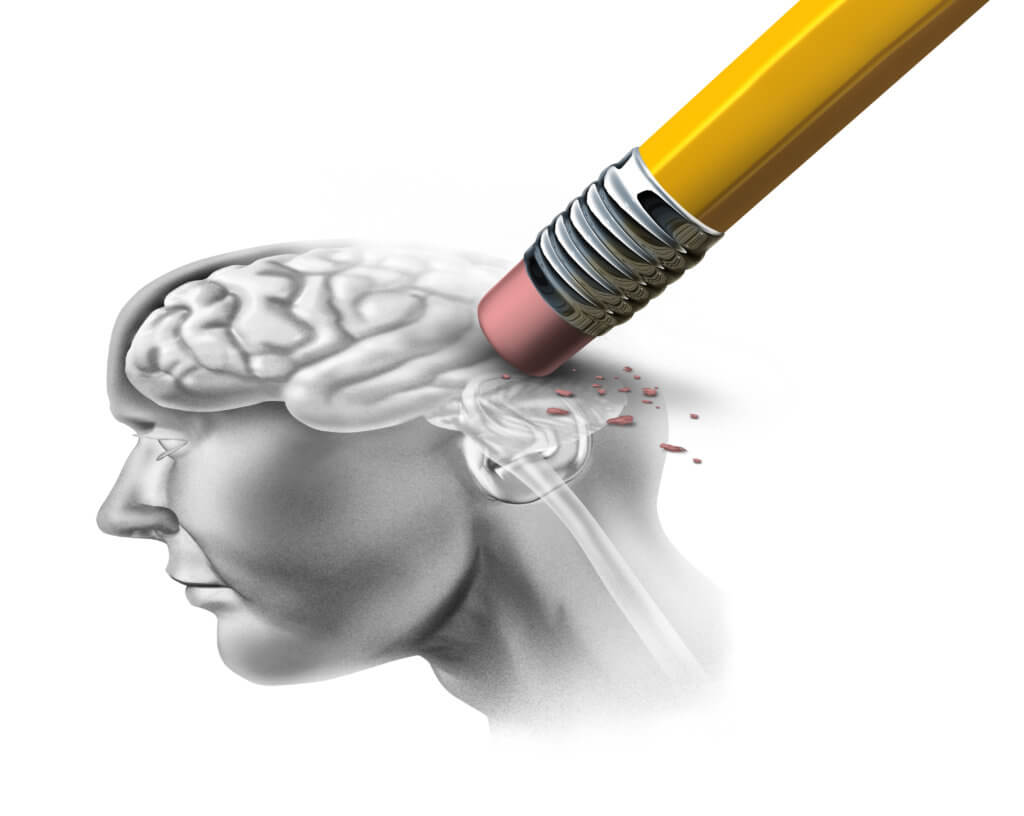New study reveals five different neurodegenerative conditions that specifically target language areas in the brain
As we learn and mature, our first language and its grammar become almost instinctual for us. Unfortunately for patients suffering from neurodegenerative disease, this could become limited. Now, scientists reveal that a rare type of Alzheimer’s disease — the most common form of dementia — actually causes language struggles instead of the memory issues that most patients deal with.
A Northwestern Medicine study finds that there are, in fact, five different neurodegenerative diseases that attack language areas in the brain. In fact, the researchers found that each condition causes these impairments differently, these impairments are referred to as primary progressive aphasia (PPA). As such, different treatments are needed based on the specific circumstance.
“In some cases, the disease hits the area responsible for grammar, in others the area responsible for word comprehension. Each disease progresses at a different rate and has different implications for intervention,” says lead author Dr. M. Marsel Mesulam, director of Northwestern’s Mesulam Center for Cognitive Neurology and Alzheimer’s Disease, in a statement.
In 60% of cases, the diseases causing PPA belong to a group of conditions called frontotemporal lobar degeneration (FTLD). Chances are that most people have never even heard of this. Even so, FTLD conditions are responsible for around half of dementia cases that occur before age 65.
In the remaining 40% of PPA cases, the underlying disease is an unusual form of Alzheimer’s disease. It’s quite unusual because it impairs language but not memory. It can also begin prior to age 65, which is generally not seen in Alzheimer’s. “We’ve discovered each of these diseases hits a different part of the language network,” Mesulam adds.
To conduct this study, Mesulam and team prospectively enrolled patients with PPA in a longitudinal study that included language testing and brain structure/function imaging. The main reason for doing these tests is to identify the underlying disease causing the PPA. Once this is diagnosed, the researchers focused on ways to improve diagnostic accuracy through new biomarkers and to find medical treatments that could be used for individualized intervention.
The researchers emphasize that these types of diseases are often misdiagnosed, or diagnosed too late. This leaves very little room for treatment options and leaves patients to suffer with later-stage impairments that could’ve possibly been halted. Further, for these rarer conditions that begin before the age of 65, it becomes increasingly difficult to screen for diagnosis since it’s not expected for younger people to develop Alzheimer’s or dementia.
Mesulam and team hope to set the stage for improved clinical frameworks that display a comprehensive understanding that neurodegenerative diseases can present themselves differently and require different approaches for treatment.
This study is published in the journal Brain.












